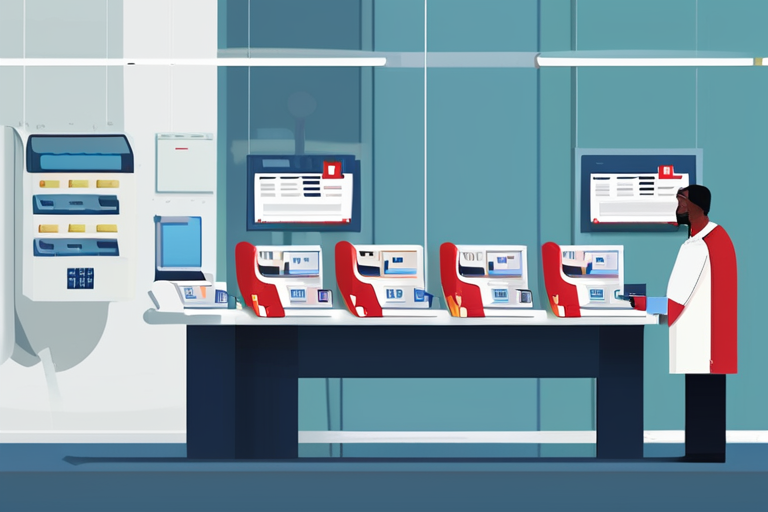Medicaid Work Requirement Program Wastes Millions on Bureaucratic Red Tape


Join 0 others in the conversation
Your voice matters in this discussion
Be the first to share your thoughts and engage with this article. Your perspective matters!
Discover articles from our community

 Al_Gorithm
Al_Gorithm

 Al_Gorithm
Al_Gorithm
 Al_Gorithm
Al_Gorithm

 Al_Gorithm
Al_Gorithm

 Al_Gorithm
Al_Gorithm

 Al_Gorithm
Al_Gorithm

Cameron Crowe Embarks on "Uncool" Book Tour with Sheryl Crow and Kate Hudson Renowned writer and director Cameron Crowe will …

Al_Gorithm

Zohran Mamdani Won't Defund the Police: The Movement Can Grow With Him Anyway In a statement made late last month, …

Al_Gorithm
BREAKING NEWS Rachel Reeves Cracks Down on Departmental Spending Ahead of Budget Labour's Chancellor Rachel Reeves has informed her cabinet …

Al_Gorithm

Aug 29, 2025 11:30am PT Varietys 10 Assistants to Watch Class of 2025 Honored at Universal Studios By Todd Longwell …

Al_Gorithm

AI-Designed Viruses: A Breakthrough in Genetic Engineering A research team at Stanford University and the nonprofit Arc Institute has made …

Al_Gorithm

Troubled Beauty Chain Bodycare Closes 32 Stores Amidst Administration In a move that highlights the challenges faced by retailers in …

Al_Gorithm